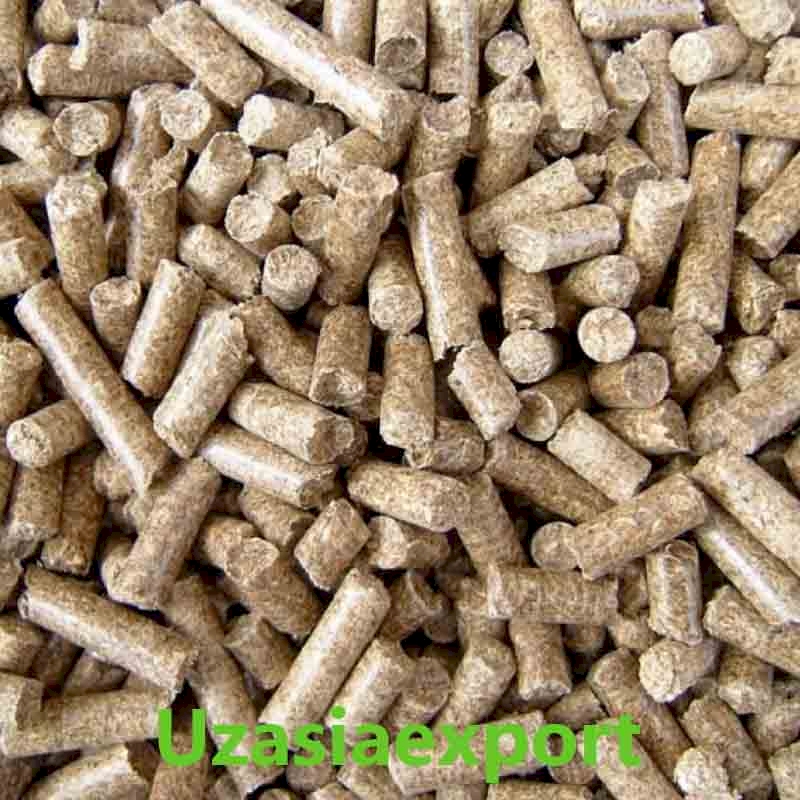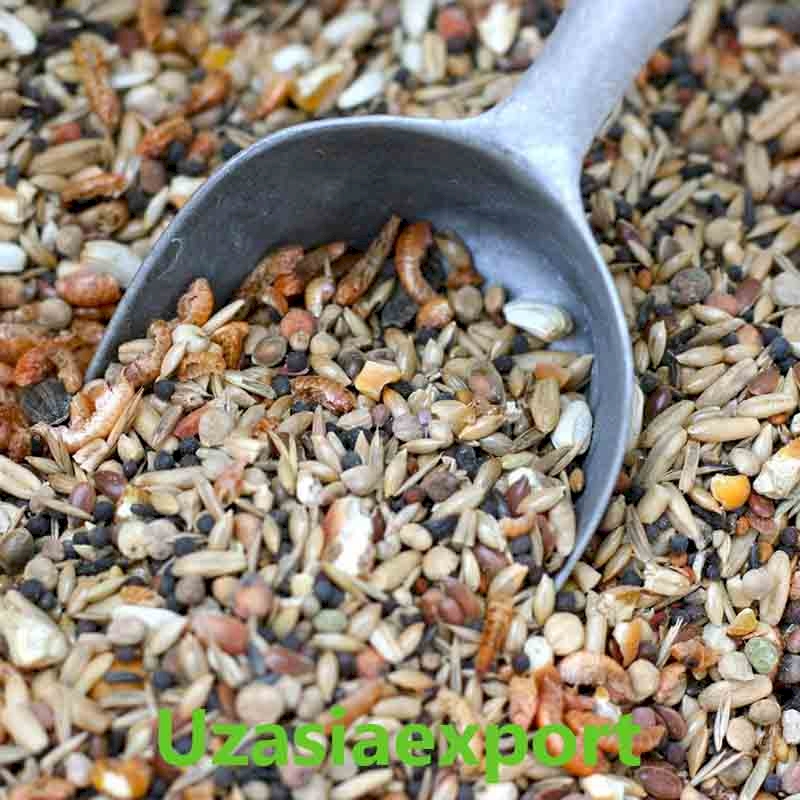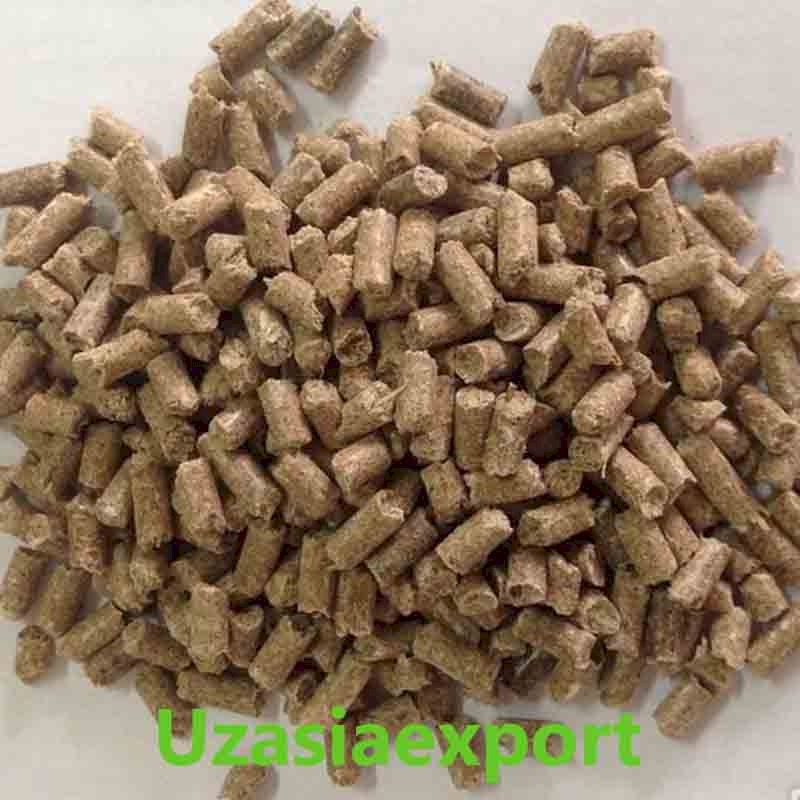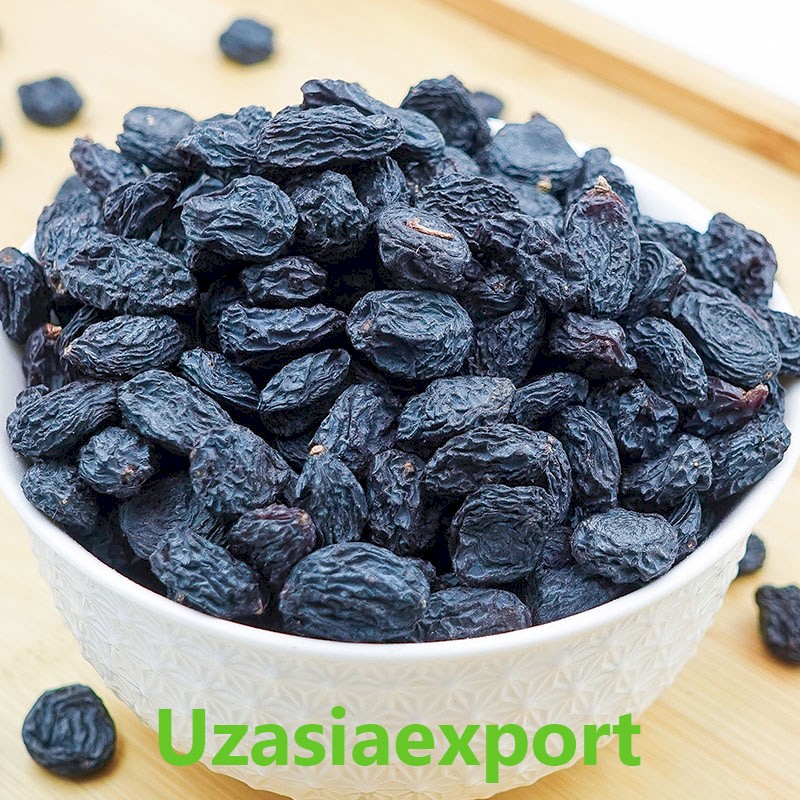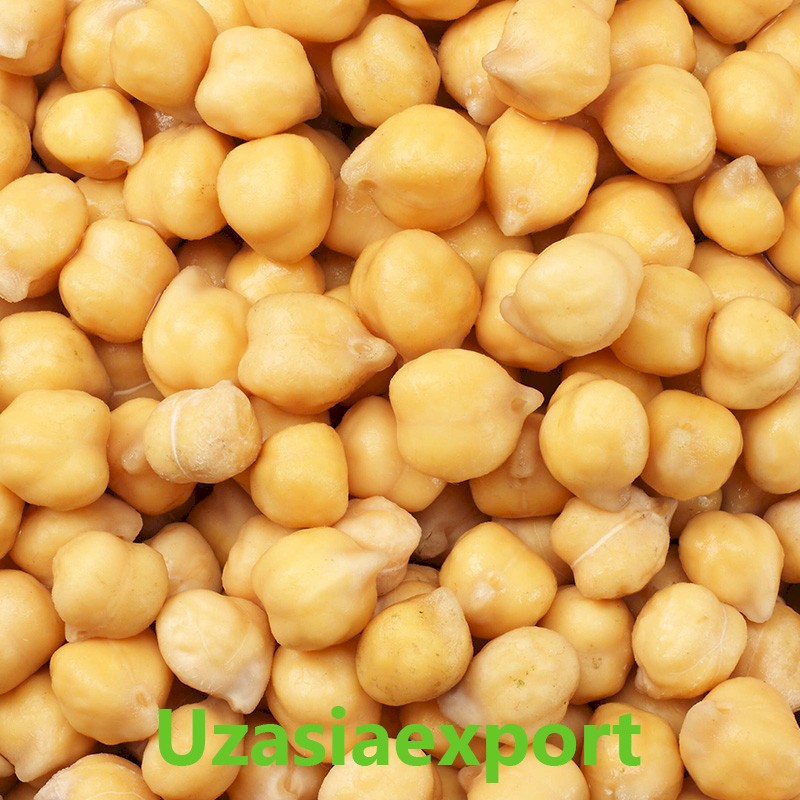Chicken feed
-
Product category: Other
Suppliers:0
Small description
Chicken Feed: A Comprehensive Overview
Introduction
Chicken feed is a specialized diet formulated to meet the nutritional needs of poultry, specifically chickens. Proper nutrition is crucial for the health, growth, and productivity of chickens, influencing factors such as egg production, growth rates, and overall well-being.
Types of Chicken Feed
-
Starter Feed:
- Designed for chicks from hatching to about six weeks old.
- High in protein (around 20-24%) to support rapid growth.
- Contains essential vitamins and minerals to strengthen the immune system.
-
Grower Feed:
- Suitable for chickens aged six weeks to approximately 16 weeks.
- Protein content ranges from 16-20%.
- Supports muscle development and prepares chickens for laying or meat production.
-
Layer Feed:
- Formulated for hens that are laying eggs, typically from 16 weeks onward.
- Higher calcium content (around 3.5-4%) to support eggshell formation.
- Protein levels are moderate (around 16-18%) to maintain body condition while maximizing egg production.
-
Finisher Feed:
- Used for broilers (meat chickens) during the final growth phase.
- Protein content typically around 18-20%.
- Focuses on maximizing weight gain and feed efficiency.
-
Specialty Feed:
- Includes organic, non-GMO, or medicated feeds tailored for specific health issues or production goals.
- Often formulated for niche markets, such as free-range or heritage breeds.
Nutritional Components
-
Protein:
- Essential for growth, muscle development, and egg production.
- Common sources include soybean meal, canola meal, and fish meal.
-
Carbohydrates:
- Provide energy for daily activities and metabolic processes.
- Ingredients like corn and wheat are primary sources.
-
Fats:
- Important for energy and absorption of fat-soluble vitamins.
- Can be derived from vegetable oils or animal fats.
-
Vitamins and Minerals:
- Vital for overall health, immune function, and reproductive performance.
- Calcium, phosphorus, and vitamins A, D, and E are particularly important for laying hens.
-
Fiber:
- Supports digestive health and helps prevent obesity.
- Ingredients such as oats, barley, and alfalfa meal contribute fiber to the diet.
Importance of Proper Feeding
- Health and Growth: Adequate nutrition supports healthy growth rates in chicks and ensures hens are in optimal condition for egg laying.
- Egg Production: Layers require specific nutrients to produce high-quality eggs with strong shells.
- Economic Efficiency: Properly balanced feed can reduce feed costs and improve feed conversion ratios, leading to more efficient meat and egg production.
- Behavioral Health: A well-nourished flock is less likely to exhibit aggressive behaviors and stress, leading to a more harmonious environment.
Conclusion
Choosing the right chicken feed is crucial for the health and productivity of poultry. Understanding the different types of feed and their nutritional components enables poultry farmers and enthusiasts to provide optimal diets, resulting in healthy chickens and high-quality products. Whether for backyard flocks or commercial operations, investing in quality chicken feed is a foundational aspect of successful poultry management.
Suppliers of this product
Shown 0 goods from 0
Hot deals
Popular products currently available



